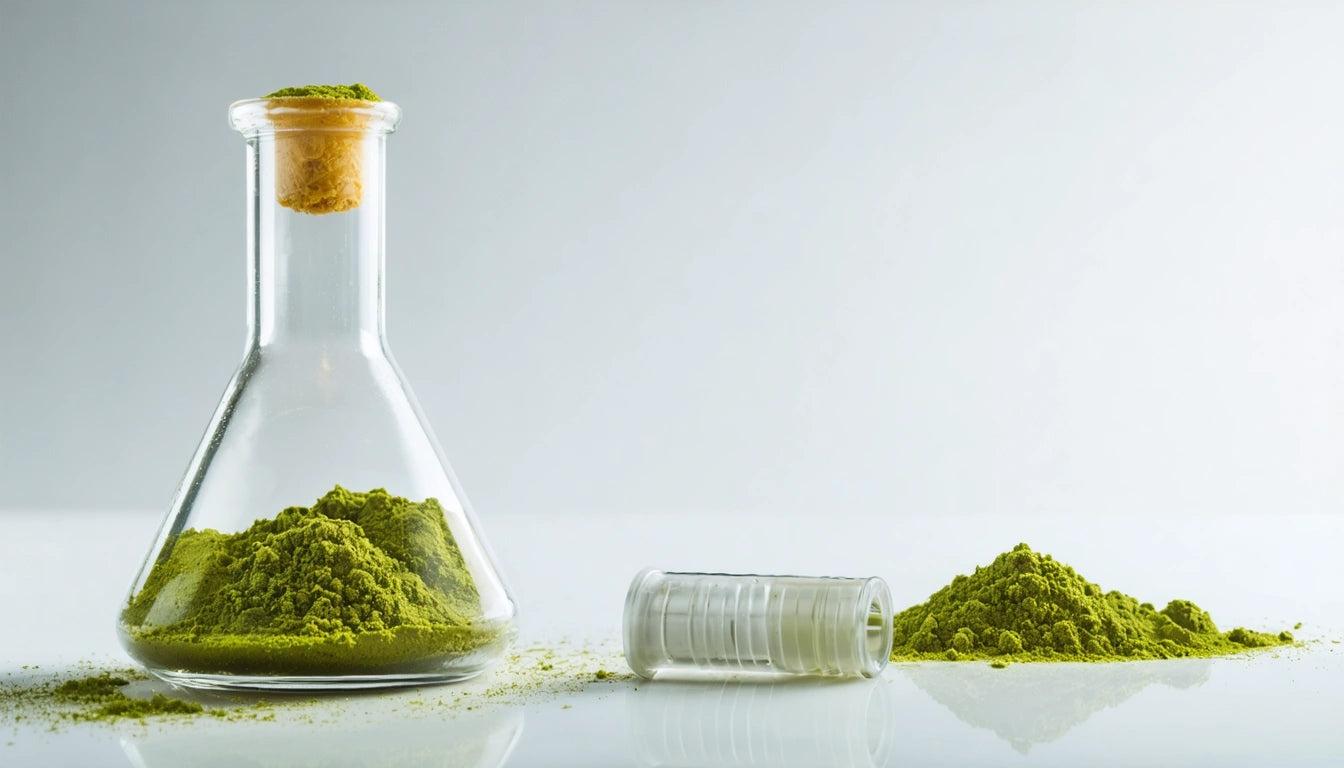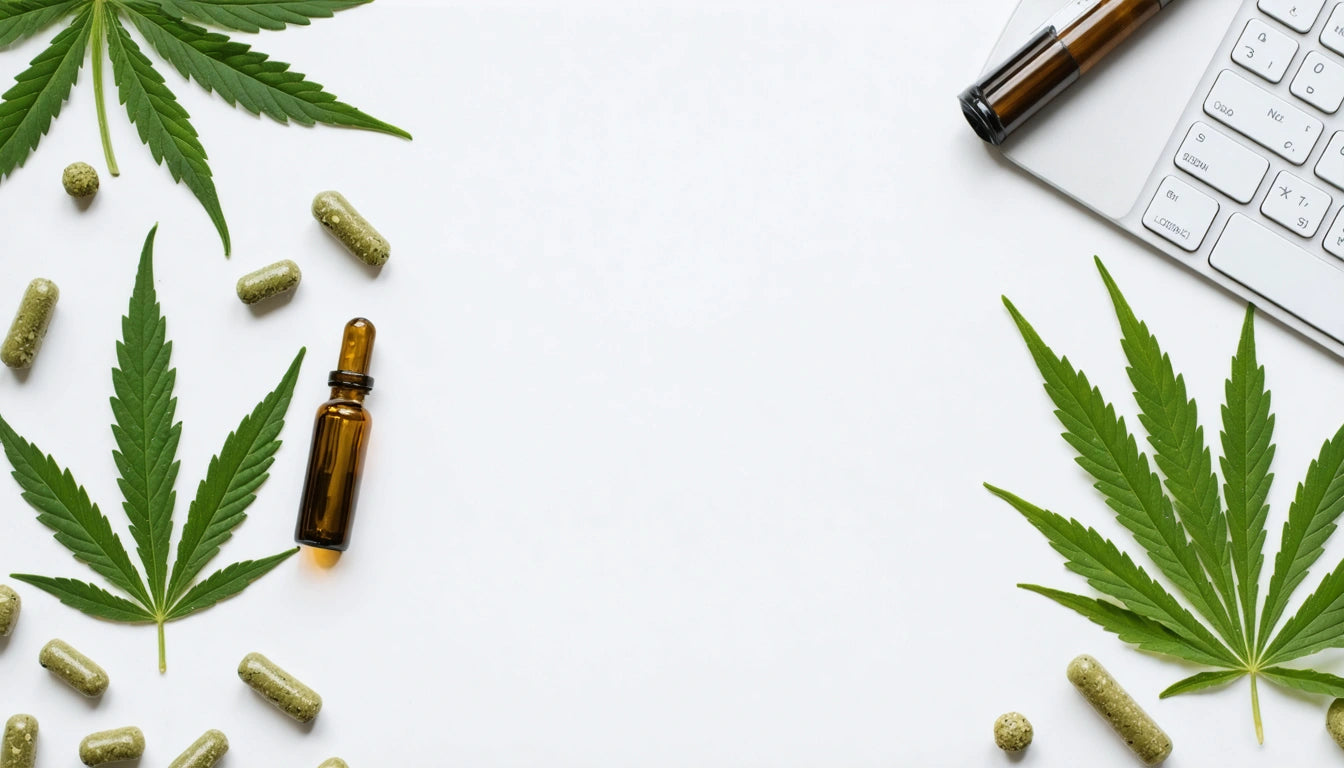Table of Contents
- What is THCA: Understanding the Compound
- THCA Extraction Methods: From Plant to Product
- How to Make THCA Isolate: Production Techniques
- Using THCA Products: Consumption Methods and Effects
- THCA Metabolism: How Long It Stays in Your System
- Cultivation Considerations: Growing Cannabis for THCA
- The Legal Landscape of THCA Products
- Future Developments in THCA Research and Production
Understanding THCA: Extraction, Production, and Usage
Tetrahydrocannabinolic acid (THCA) has gained significant attention in cannabis research and consumption. As the precursor to THC, this non-psychoactive compound offers unique properties and benefits that have sparked interest among researchers, producers, and consumers alike. This comprehensive guide explores THCA extraction methods, production techniques, and usage guidelines to provide a clear understanding of this important cannabinoid.
What is THCA: Understanding the Compound
THCA is the acidic precursor to THC found naturally in raw and live cannabis. Unlike THC, THCA doesn't produce intoxicating effects in its natural state. The compound must undergo decarboxylation, typically through heating, to convert into THC and deliver psychoactive effects. Understanding THCA's natural properties is essential for both producers and consumers.
THCA Extraction Methods: From Plant to Product
Extracting THCA from cannabis plants requires specific techniques to preserve the compound's integrity. Common methods include:
Solvent-Based Extraction
This method uses solvents like butane, ethanol, or CO2 to separate cannabinoids from plant material. Professional equipment and strict safety protocols are essential when working with these solvents.
Mechanical Separation
For home enthusiasts looking to process small amounts, quality grinding equipment can be the first step in mechanical separation methods like dry sifting or ice water extraction, which physically separate trichomes containing THCA from plant material without chemical solvents.
How to Make THCA Isolate: Production Techniques
For those wondering how do you make THCA isolate, the process involves several refined steps beyond initial extraction:
- Initial extraction using one of the methods above
- Winterization to remove fats and lipids
- Filtration to remove plant materials
- Chromatography to isolate specific cannabinoids
- Crystallization to form pure THCA crystals
- Final processing into powder or crystal form
Commercial production requires laboratory equipment and expertise, while small-scale production is possible but yields lower purity levels. Understanding cultivation techniques can help improve the starting material for extraction.
Using THCA Products: Consumption Methods and Effects
How to use THCA isolate powder depends on the desired effects and personal preferences:
Raw Consumption
THCA can be consumed in its raw form without decarboxylation for potential anti-inflammatory benefits without psychoactive effects. Methods include:
- Adding to smoothies or juices
- Incorporating into uncooked foods
- Sublingual administration (under the tongue)
Decarboxylated Consumption
When heated, THCA converts to THC, producing psychoactive effects. Understanding this transformation helps users predict effects. Methods include:
- Dabbing concentrates
- Vaporizing
- Adding to heated foods after decarboxylation
THCA Metabolism: How Long It Stays in Your System
For those concerned about how to get THCA out of system, understanding its metabolism is crucial. THCA itself is non-psychoactive and typically not tested for in standard drug tests, which look for THC metabolites. However, if THCA is decarboxylated into THC (through smoking, vaping, or heating), the resulting THC metabolites can remain detectable for varying periods:
- Urine: 3-30 days, depending on usage frequency
- Blood: 1-2 days
- Saliva: 1-3 days
- Hair: Up to 90 days
More detailed information on THCA elimination can help users make informed decisions about consumption timing.
Cultivation Considerations: Growing Cannabis for THCA
Those interested in how to grow THCA-rich cannabis should focus on:
Strain Selection
Choose genetics known for high THCA production. Some strains naturally produce more THCA than others.
Optimal Growing Conditions
Maintain proper light cycles, nutrition, and environmental factors to maximize trichome production, where THCA is concentrated.
Harvest Timing
Harvest at peak trichome development, typically when trichomes are cloudy but before they amber (which indicates THC conversion has begun).
Proper curing and storage are essential to preserve THCA content after harvest, as time and improper conditions can lead to decarboxylation.
The Legal Landscape of THCA Products
Understanding how much THCA you can legally possess varies significantly by jurisdiction. While THCA itself is not specifically scheduled in many places, its potential to convert to THC creates legal complexities. State-by-state regulations vary widely:
- In states with legal recreational cannabis, THCA products typically fall under general cannabis regulations
- In states with medical-only programs, THCA may require a medical recommendation
- In states without cannabis legalization, THCA's legal status may be questionable despite its non-psychoactive nature
The 2018 Farm Bill created additional complexity by legalizing hemp-derived cannabinoids with less than 0.3% THC, leading to new developments in hemp-derived THCA.
Future Developments in THCA Research and Production
The field of THCA research and production continues to evolve rapidly. Emerging trends include:
- Development of more efficient extraction technologies
- Research into specific therapeutic applications of THCA
- Breeding programs focused on creating high-THCA cannabis varieties
- Innovations in stabilizing THCA to prevent unintended decarboxylation
As scientific understanding deepens and production methods refine, consumers can expect more diverse and precisely formulated THCA products to become available, potentially opening new therapeutic avenues and consumption experiences.
Whether you're interested in production techniques, consumption methods, or simply understanding this fascinating compound better, the expanding knowledge base around THCA offers valuable insights for both casual consumers and industry professionals alike.











Leave a comment
All comments are moderated before being published.
This site is protected by hCaptcha and the hCaptcha Privacy Policy and Terms of Service apply.